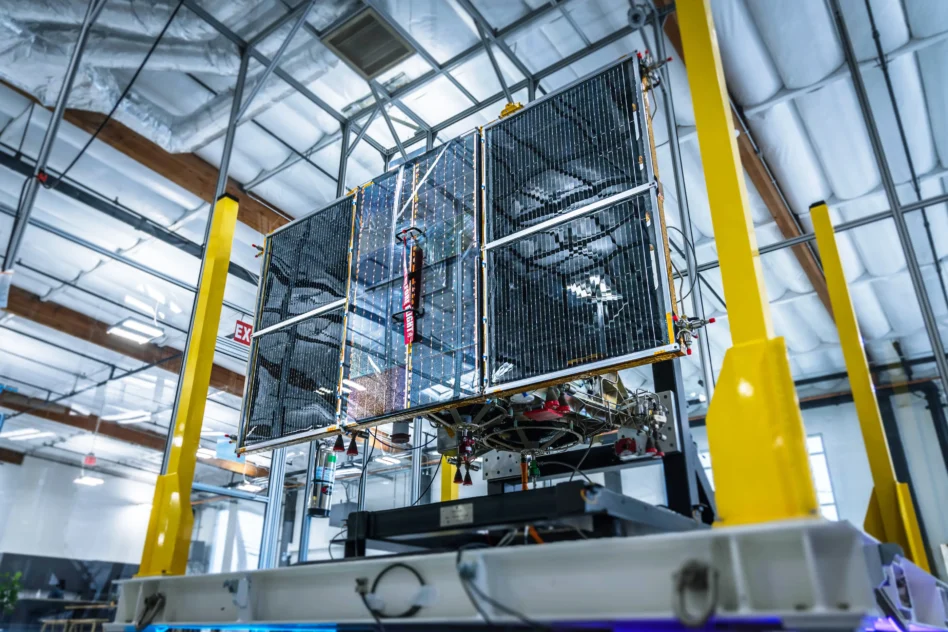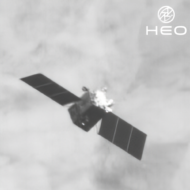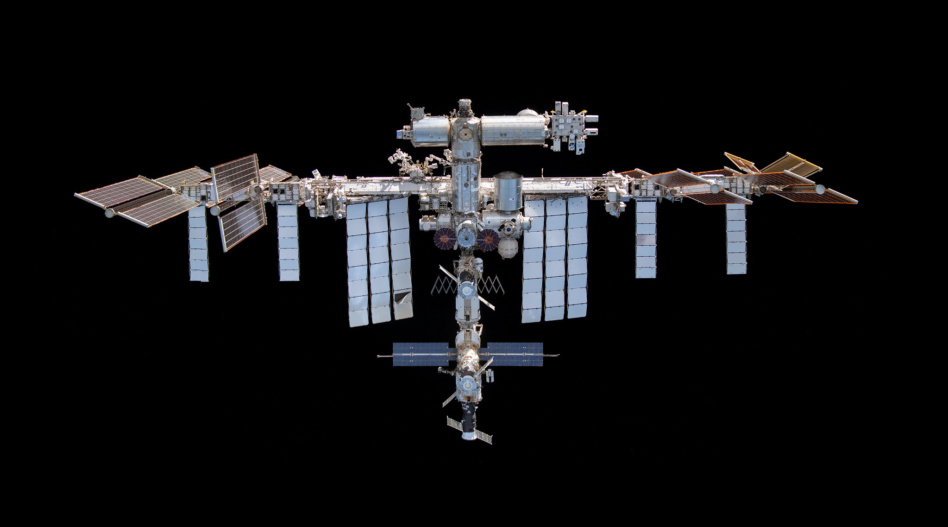Impulse Space’s plan to build Helios, effectively a third stage for medium lift rockets, has won a strategic funding increase from SpaceWERX, a Space Force office that invests in innovative private sector developments.
SpaceWERX announced STRATFI deals with nine companies including Impulse, each with a maximum value of $15M. On Tuesday, Impulse said it won $60M in funding, a figure that includes matching private capital, and another government award that is expected to be announced soon, according to an industry source.
Sun god: Helios is a kick stage, but on a grand scale: Its Deneb engine is intended to generate 15,000 lbf of thrust, carrying payloads as large as five tons to high Earth orbits in less than a day.
Flying with Helios could mean skipping multi-month orbit raises, and Impulse wants to develop a ride-share service as well.
Under the new STRATFI agreement, the first payload on Helios will be a DoD spacecraft. The company expects a development vehicle to fly next year and enter service in 2026.
Responsive response: The Space Force’s interest in the vehicle stems from the push for tactically responsive space capabilities. If the USSF wanted to put a new spacecraft into a geostationary orbit right now, it could wait for a heavy lift rocket ride or have the satellite perform a lengthy orbit-raising maneuver from LEO—both of which could take months. Helios could cut that time significantly, if all goes according to plan.
“Helios’ ability to open access to high-energy orbits like GEO, with availability when needed or requested, is not only a valuable commercial service but can also help enable a strong national defense posture in space,” Impulse CEO Tom Mueller said in a statement.





